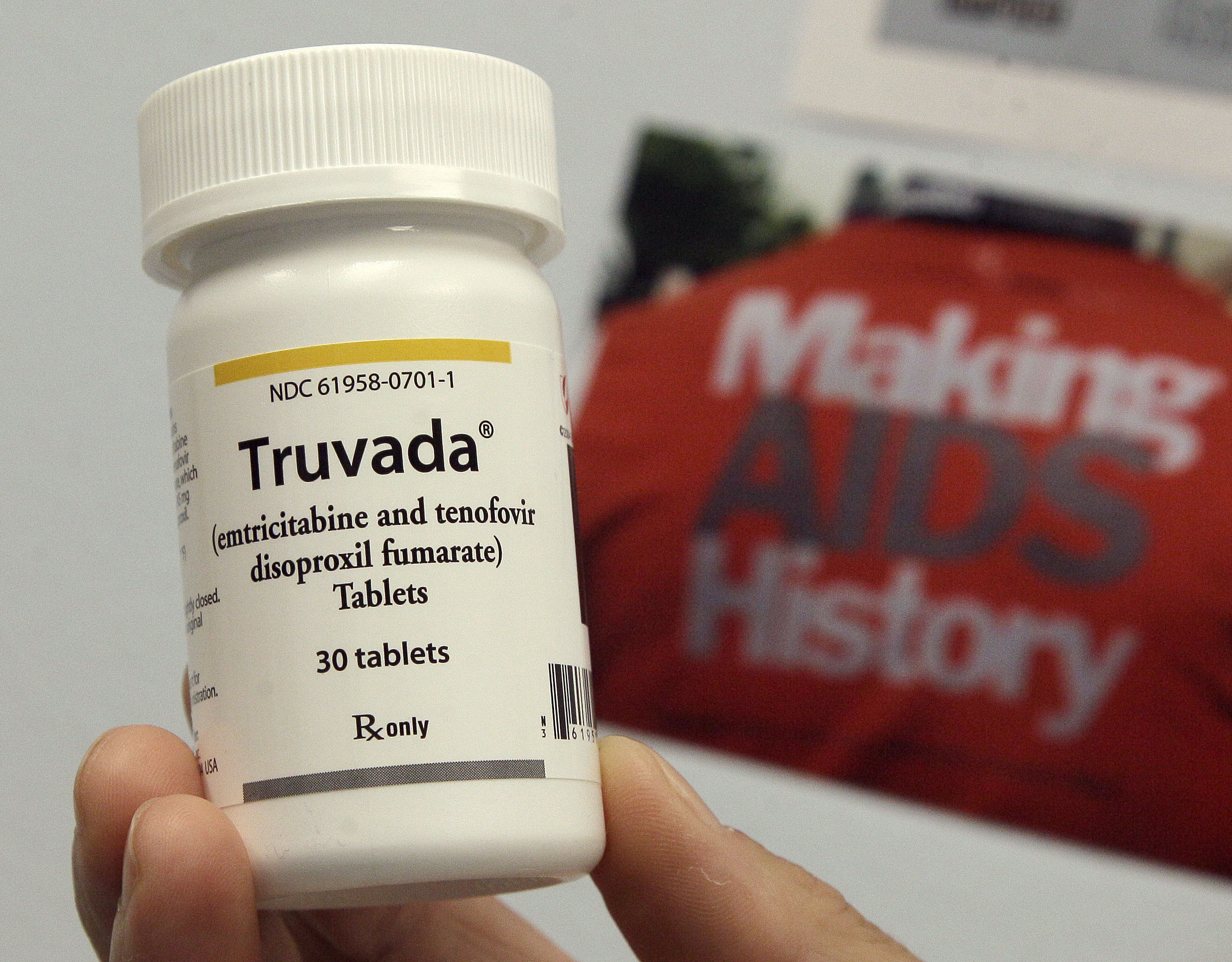
On Saturday, a new statewide protocol will be officially enacted making Colorado one of the first states to allow pharmacists to prescribe PrEP and PEP, preventative HIV medications.
PReP, or pre-exposure prophylaxis, is more than 90 percent effective in preventing an HIV infection, and PEP, post-exposure prophylaxis, can reduce the risk of getting HIV after exposure by more than 80 percent — and yet the drugs are underused.
“It's pretty well known that these drugs just aren't being used as much as they should,” said Emily Zadvorny, executive director at Colorado Pharmacists Society. “We don't know all the reasons why, but opening up another avenue of access to clinical care and these medications within communities, within trusted relationships, within a more flexible setting, that's really important in these situations, which can be a very timely situation that you need to get the medications.”
One reason the drug may be underused is the additional costs of quarterly lab tests and doctor visits as part of the prevention regimen. But, public health experts hope that access to the drug through pharmacies and then pharmacists help to get a patient connected with a primary care provider, will be an important step in getting more people on the medication.
In Colorado, more than 400 people a year have been diagnosed with HIV since 2015 when the number started increasing. There were 14,630 people living with HIV or AIDS in the state in 2019, according to the Colorado Department of Public Health and the Environment.
Those who are at higher risk of contracting HIV — gay and bisexual men, Black and Hispanic/Latino people, transgender women who have sex with men, and injection drug users — are also less likely to have access to health care. A study conducted by One Colorado, an LGBTQ organization, found that 42 percent of respondents worry that their health care provider is not supportive of LGBTQ people and 36 percent fear discrimination from their provider.
“We already know how devastating HIV is in modern times in the U.S. Going through the AIDS crisis, back in the 80s, we understand how devastating it can be,” said Michael Crews, policy director for One Colorado. “It's not a death sentence to have HIV anymore, but it alters somebody's way of life for the entire course of their life. There is no cure for that. It's about changing that singular person's life in that moment where they don't have to worry about potentially living with HIV for the rest of their life.”
The groundwork for the HIV Infection Prevention Medications Bill (HB20-1061), which was signed into law by Gov. Jared Polis this summer, was laid in 2016 when the state passed a law allowing pharmacists to prescribe hormonal contraceptives. Last year, smoking cessation drugs were also approved for pharmacists to prescribe.
The HIV drugs could have been added under the 2016 framework, but the new bill requires insurance companies to cover the cost of the medication and reimburse pharmacies the cost of an HIV consultation. Pharmacists are required to do online training as outlined by Colorado State Board of Pharmacy rules. The bill received bipartisan support and was introduced by Rep. Leslie Herod and Rep. Alex Valdez, both Democrats.
The rate of HIV infections in the U.S. has been decreasing for decades. In Dec. 2019, a new federal program called Ready, Set, PrEP was introduced, which gave 200,000 uninsured Americans access to the HIV medication that was donated by the drugmaker Gilead Sciences.
“Certainly the hope would be to stop it in its tracks — to hopefully reverse that and really get this disease back under control, because it is a preventable disease in these high-risk populations,” said Zadvorny, who is a faculty member at the CU Skaggs School of Pharmacy and Pharmaceutical Sciences









